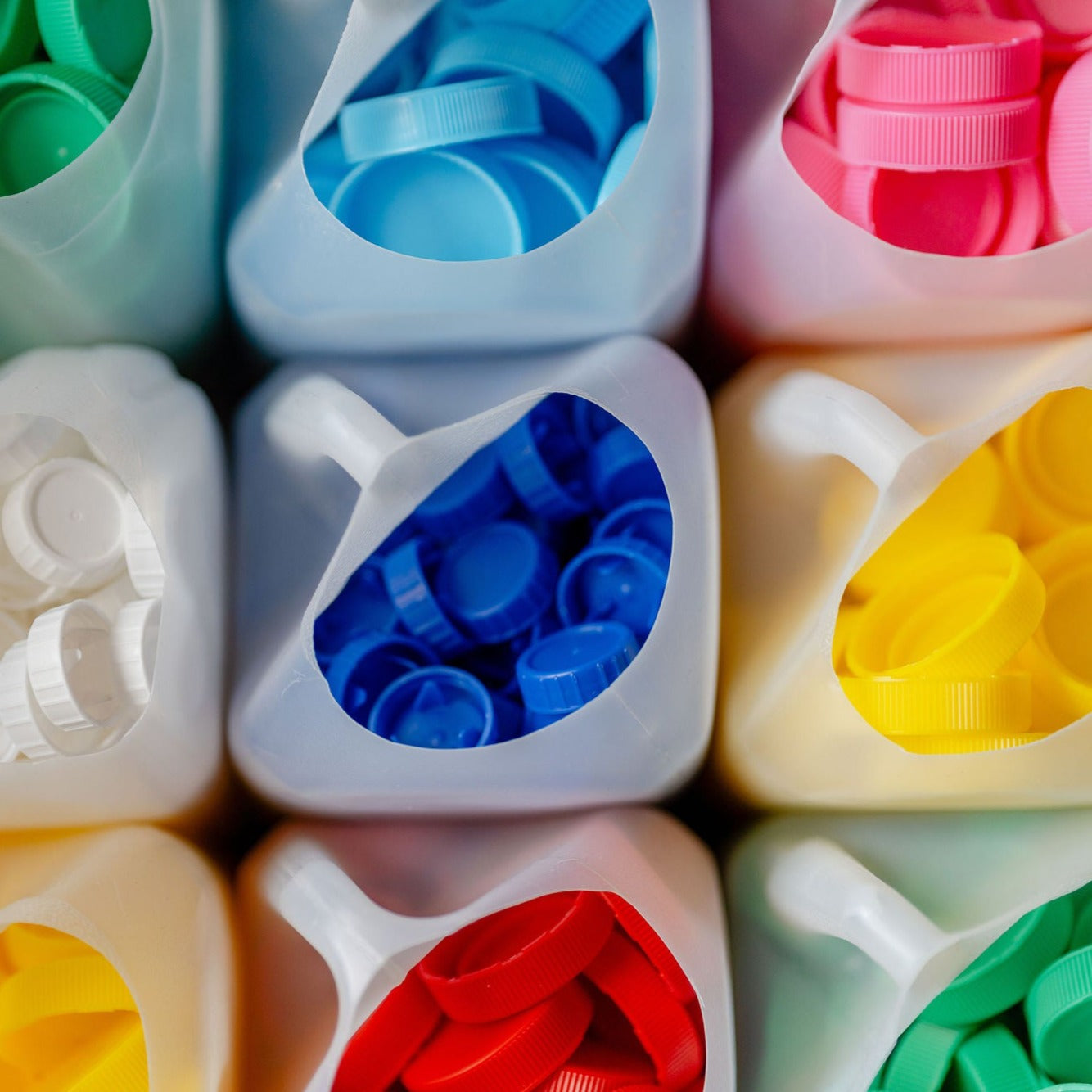
The Ugly Truth You Don't Want To Know About Chewing Gum
By Danielle Kirk

Remember that myth we all believed as kids about gum? The one that said if you swallow gum it will stay in your system for seven years? I always panicked whenever I accidentally swallowed gum and imagined a blob just sitting in my stomach for years, stuck in there being ignored by all the other food. Turns out, that’s not that far from the truth.
Up until the 1940s, gum was made from a rubber tree sap called Chicle. It was mixed with flavours and sugars and sold well until chemists figured out how to make synthetic rubber, and the natural Chicle rubber got replaced. Among the many eyebrow raising ingredients in modern gum (e.g. petroleum, glycerin, polyethylene and stearic acid) are plasticizers and polymers like latex and polyvinyl acetate. Which is yep, you guessed it, are types of plastic. These give gum it’s sticky elastic texture that let you chew for hours, or as I’ve now found out, forever.
When you’re chewing gum you’re literally just munching on a hunk of flavoured plastic. We know plastic can’t break down in the environment, and your body is no different. Even you tough stomach acids are no match for the plastic in gum. If you swallow it, it will remain undigested and pass out the other end exactly the same as it went in. Gross right? So while it won’t last for seven years in your stomach like we were led to believe as kids, there’s obviously an element of truth in the myth since gum can’t technically be ‘eaten’ by your body.
The answer to the problem may seem as simple as ‘don’t swallow your gum’, but plastic is plastic, and sadly your sticky sweet will eventually just wind up in landfill like all the other bits of rubbish (or more likely stuck to the bottom of someone’s shoe, embedded onto the pavement or in the ocean). According to Just One Ocean, each year over 100,000 tonnes of plastic waste is created from gum alone. That’s the equivalent of 374 trillion sticks of gum.
Considering it’s harmful to heat your lunch up in a plastic container, we can only imagine how bad it is for you to literally chew on plastic. No research has been done on what chemicals can enter your body through gum as the issues around toxins in plastic have only really begun having a microscope put over them in the last few years.
The good news is there are some plastic free gums on the market. Honest Gum makes gum in the traditional way with Chicle, and Simply Gum is also all natural. You can also always reach for mints when you need a freshness hit. Mints are ‘fully consumed’ products unlike gum and have no plastic in them (pro tip: buy mints in metal containers to further reduce waste). Enjoy your plastic-free minty fresh breath!
